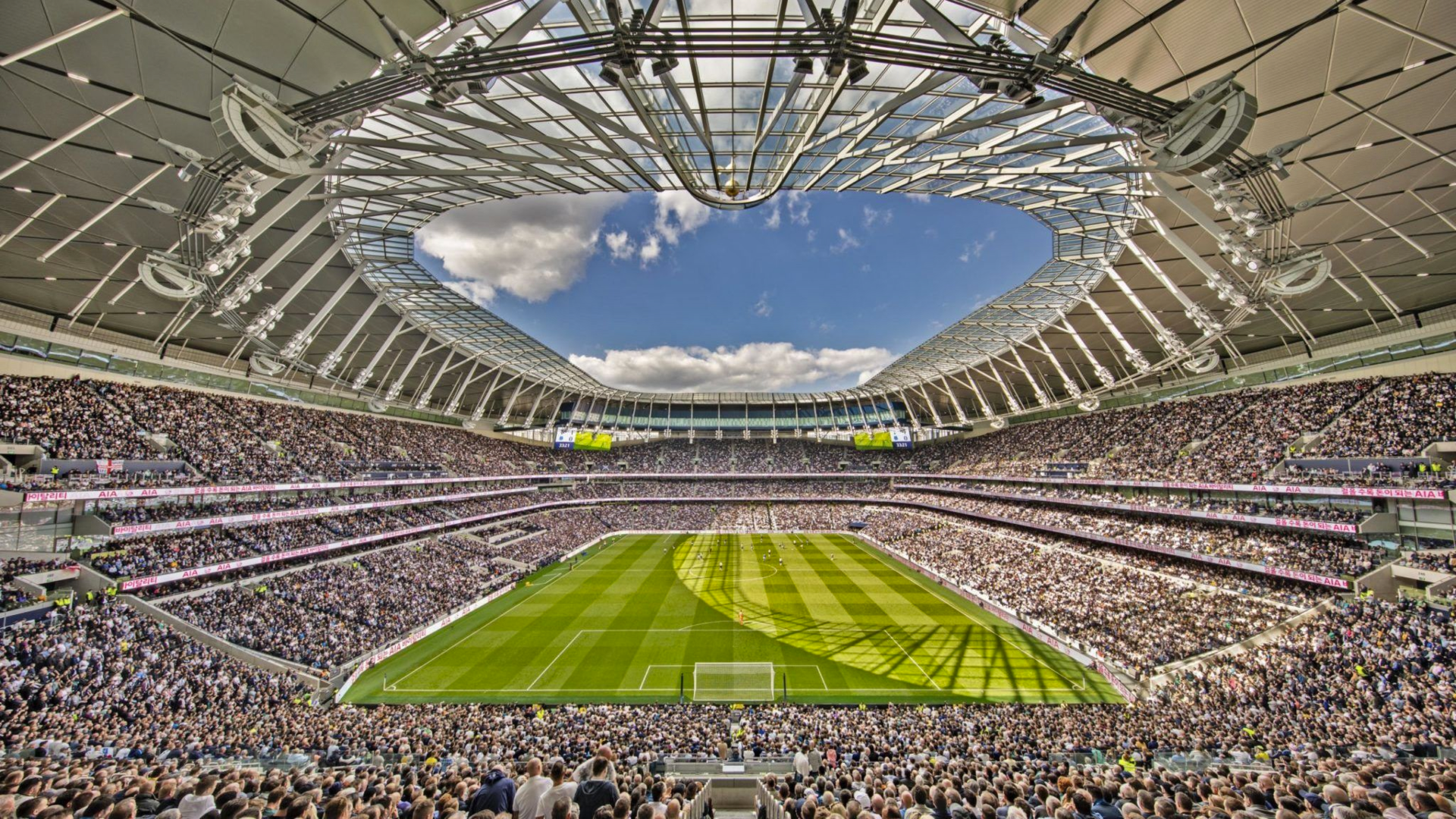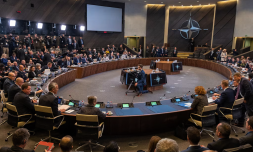Sky and Tottenham partnered for the first net zero match in elite level football on Sunday. Supported by COP26 and the Premier League, #GameZero is striving to drive emissions down in stadiums throughout England’s top division.
As 60,000 poured into the Tottenham Hotspur Stadium for a tense London derby on Sunday, #GameZero provided a promising backdrop for a more sustainable future in English football.
It may be too soon to approach a Spurs fan with talk of net zero – after their team failed to register a goal against Chelsea on Sunday – but the club has rightly been commended for its sustainable milestone.
Tottenham, who had previously been named the Premier League’s ‘greenest club’ for its renewable stadium power and kits made from recycled plastic waste, announced its #GameZero partnership with the division’s chief broadcaster Sky earlier this month.
This industry first move, backed by COP26, aimed to deliver a full-capacity Premier League experience without producing a single carbon emission. We’re talking everything from the matchday activity, team travel, and dietary options for players and fans alike.
So, putting the blushes of team manager Nuno to one side, how did Tottenham fare in its common goal?
A promising start
While we’ve yet to see a climate transparency report emerge from Tottenham or Sky, everything seemed to go to plan.
Both Chelsea and Tottenham squads arrived to the ground in coaches running on biofuel, all food served to fans was sustainably sourced or plant-based, the stadium and Sky broadcast gear ran on renewable energy, and drinks were supplied in biodegradable cartons instead of plastic cups or bottles.
Beyond this, match day programs were handed out to fans encouraging them to consider their own carbon footprints when travelling home and away.
Talking up transport pollution as a big factor, Sky revealed that an offset budget had been put aside to account for travelling fans and the normal waste that comes with having 60,000 divide and conquer the borough’s pubs and restaurants.
Working with Natural Capital Partners and RSK to build reliable data, the match broadcasters stated that a baseline carbon toll is now being offset into reforestation projects in East Africa and the creation of new UK woodlands.
Unfortunately, given the controversy around offsetting, Sky may not offer up public reports for our own peace of mind.












 "It's good we use football for these subjects."
"It's good we use football for these subjects."







